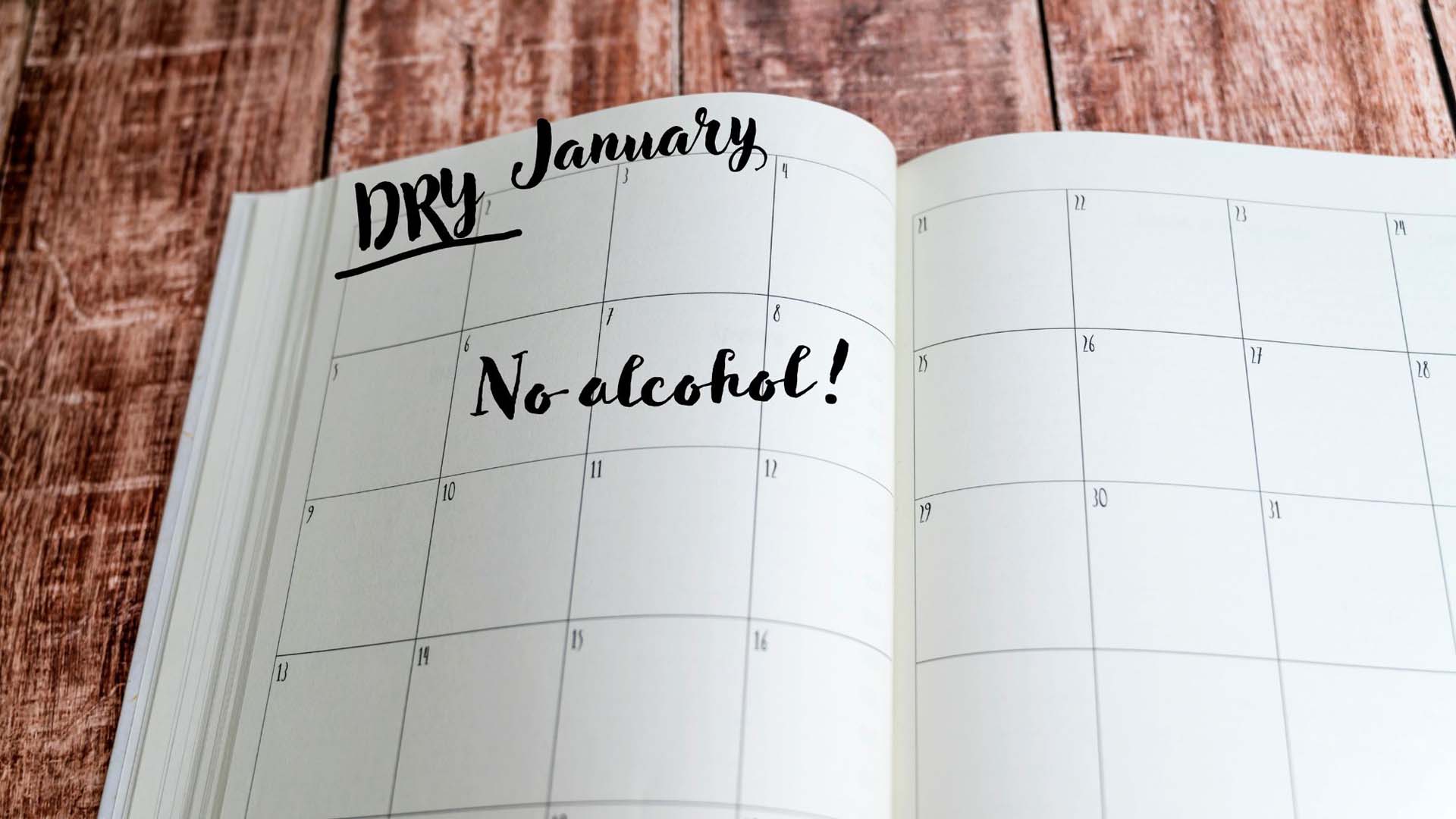
According to a survey by Alcohol Change, one in four Brits planned to take part in Dry January this year and give up alcohol for the month. But if you decided to try the challenge and haven’t made it to the end, you are not alone.
A 2020 survey by YouGov, revealed 29% of participants in Dry January had a drink, and 16% failed the challenge by 3 January. While it can be disappointing not to complete the challenge, experts say you don’t need to abstain for the entire month to experience the benefits.
So, if you’ve fallen off the alcohol-free wagon, here are five reasons why it’s okay if you didn’t stay booze-free in January.
Contrary to the negative headlines about drinking, going without booze for a month won’t improve your health – unless you’re a heavy drinker. In fact, it may possibly have the opposite effect.
That’s the somewhat surprising message by award-winning medical journalist Tony Edwards in his book The Very Good News About Wine.
According to Edwards, the idea behind Dry January was to “reset after a month or two of holiday festivities”.
While it may be understandable to take a break from alcohol after a festive period like Christmas, Edwards suggests that the body doesn’t necessarily need a whole month to recover. In his view, one week is sufficient.
As he says in his book: “Going without drink doesn’t appear to benefit health in the same way as going without food – as in intermittent fasting.”
Some studies have shown that giving up booze for January does improve insulin resistance and weight gain, however, if you’re not a heavy drinker, you’ll probably get the same result after just a couple of weeks of abstinence.

Remember, the purpose of Dry January is not to achieve perfection but to cultivate a healthier relationship with alcohol. It’s about taking a step towards a healthier lifestyle and being more mindful of your choices.
“If you’ve tried Dry January, then there’s a good chance that you’ve identified that there’s something about your drinking habit that you’d like to change,” says counsellor Georgina Sturmer.
“This in itself should be considered a victory. You’ve acknowledged that you want to change, and you’ve tried something out.”
“As my book shows, 50 years of medical evidence demonstrates that drinking moderate amounts of alcohol is good for one’s health,” says Edwards.
Moderation seems to be the key word here if you want to enjoy all the health benefits of alcohol, in particular wine. Following NHS guidelines and enjoying two alcohol-free days a week every week is likely to be more beneficial than cutting out booze all together.
“The evidence continues to show that drinking alcohol within sensible limits has powerful health benefits,” says Edwards.
From the heart-boosting health benefits of champagne to red wine boosting your gut microbiome, there’s a lot of evidence that drinking in moderation can actually enhance your health. So if the red wine was calling and you fell of the Dry January wagon, just remind yourself, it’s good for you – albeit in small doses!
Many people are now opting for Damp January – where they drink in moderation, rather than cut it out totally from their lives – so if the all or nothing approach doesn’t work for you, try this instead.

Sturmer says that these ‘one size fits all’ challenges don’t work for everyone. While your best friend may easily be able to step away from alcohol completely for a month, it may be more difficult for you.
Don’t be too hard if you didn’t manage to be booze-free all January. Instead, use the experience as a stepping stone towards future success in your journey towards a healthier lifestyle.
“If Dry January didn’t work out for you, then it’s an opportunity for you to figure out whether there’s another approach that might suit you better,” says Sturmer.
“Maybe it’s about changing your social patterns, or cutting down rather than quitting. Or perhaps it’s an indication that you need to look at the underlying reasons behind your drinking.
“If we think of drinking as a ‘coping strategy’ then we can start to be curious and explore what our drinking does for us. And whether we can replace it with another, perhaps healthier, activity.”
Don’t limit yourself to having a break from booze just in January. For many people, this is actually a time when most people seek out comfort, such as delicious food and a nice glass of wine.
Sturmer suggests trying a different approach or a different deadline - even getting a friend in on the act can help.
“Hang on to your original goal, and see if you can find another way to get you there,” she advises.
“Consider what you can do to build your confidence going into the new year, to learn from what you have achieved so far.”
“If you’re recovering from a setback, it’s possible that you’ll experience feelings of guilt or embarrassment,” says Sturmer.
”They are natural, human emotions, and they exist in order to send us a signal that we are trying to achieve something that we really want.”
Her advice is to acknowledge these feelings, rather than ignoring them, otherwise it can make you feel very low and worse than when you started Dry January.
“If we acknowledge these feelings, it helps us to retain perspective. Otherwise there’s a risk that they will spiral, particularly if we are prone to negative thoughts or perfectionism. This can leave us with a sense of shame, when our actions have a negative impact on our self-esteem, how we feel about ourselves.”
Jayne cut her online journalism teeth 24 years ago in an era when a dialling tone and slow page load were standard. During this time, she’s written about a variety of subjects and is just at home road-testing TVs as she is interviewing TV stars.
A diverse career has seen Jayne launch websites for popular magazines, collaborate with top brands, write regularly for major publications including Woman&Home, Yahoo! and The Daily Telegraph, create a podcast, and also write a tech column for Women’s Own.
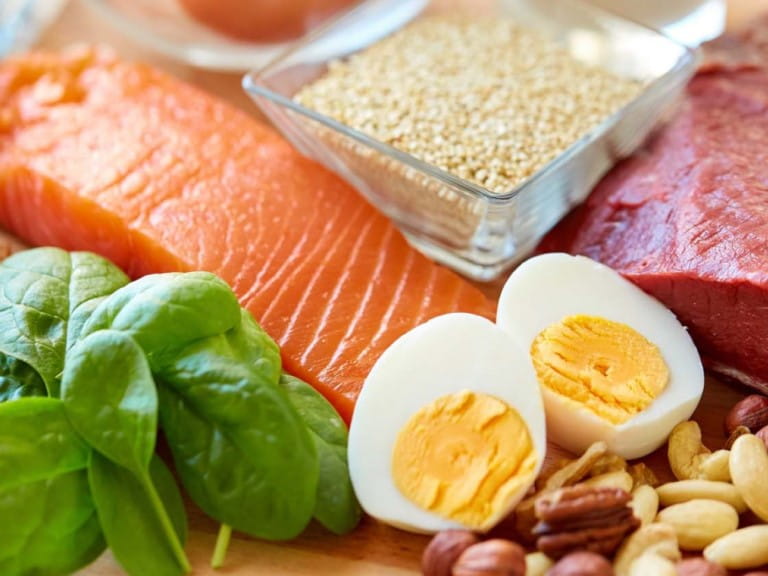
Everything you need to know about protein, from how it benefits your body to the best high-protein foods – and how much you really need.

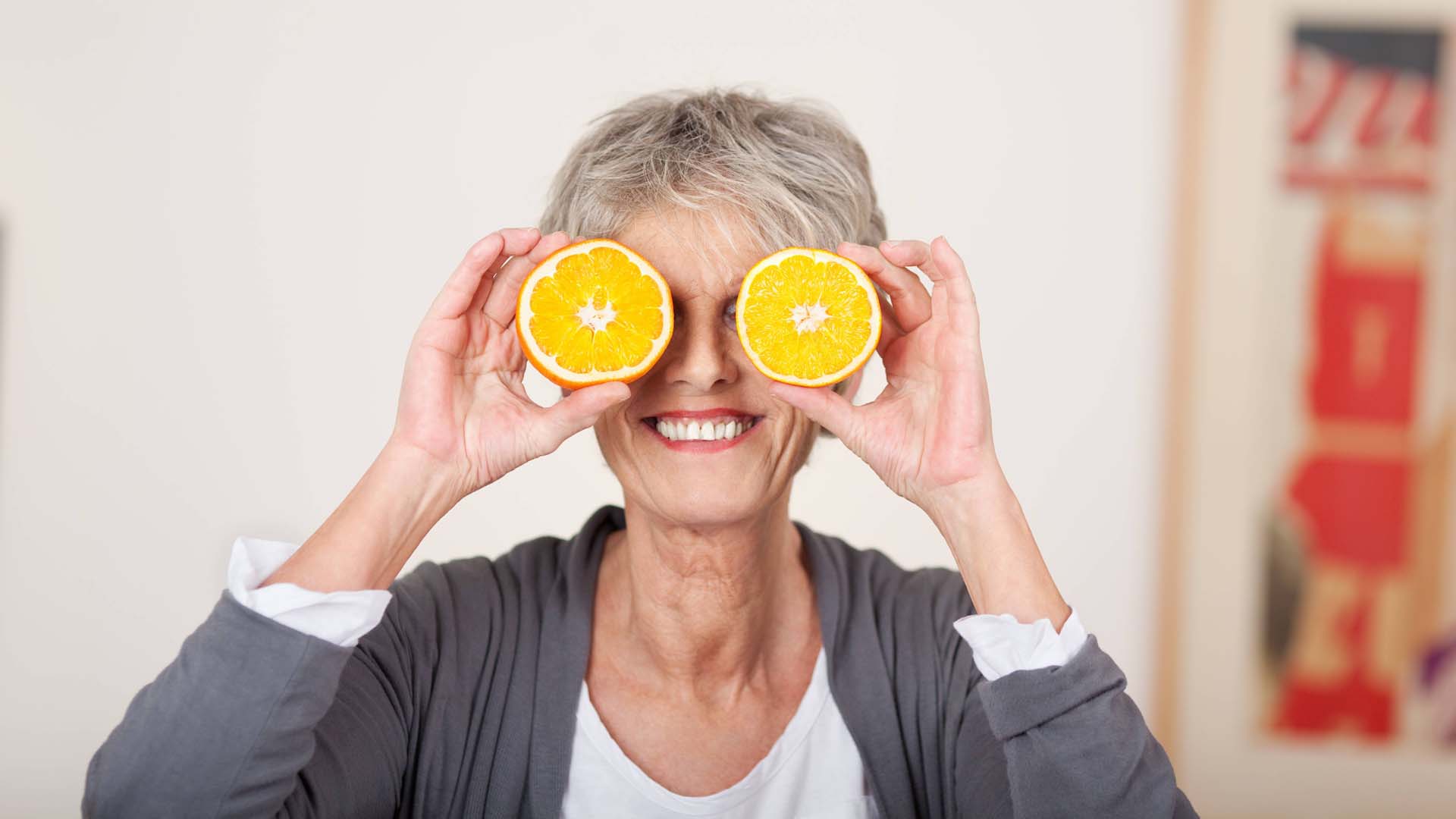
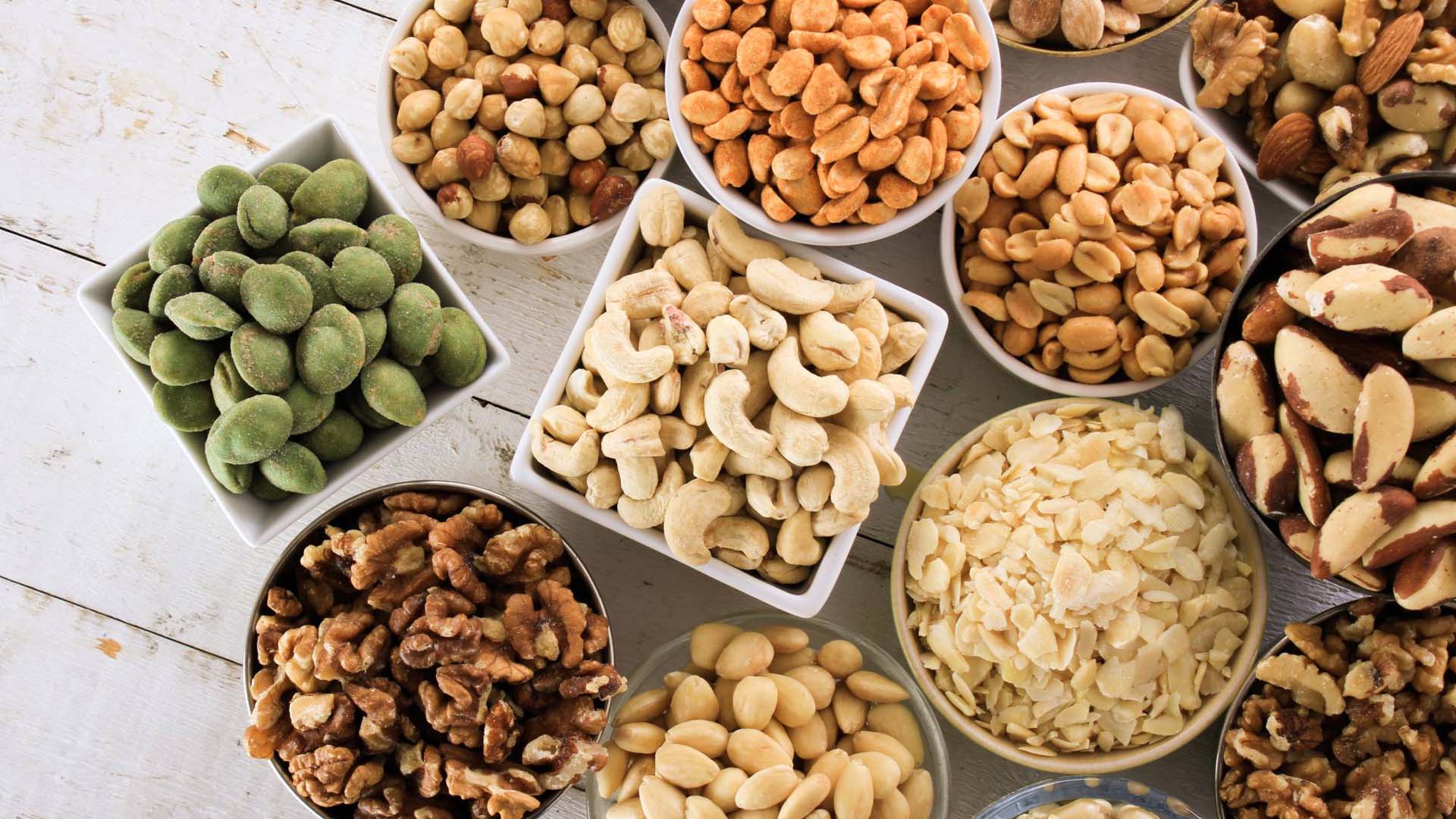
Let’s roast the myths! Not only are nuts less fattening than once feared, research shows they can cut the risk of heart disease too
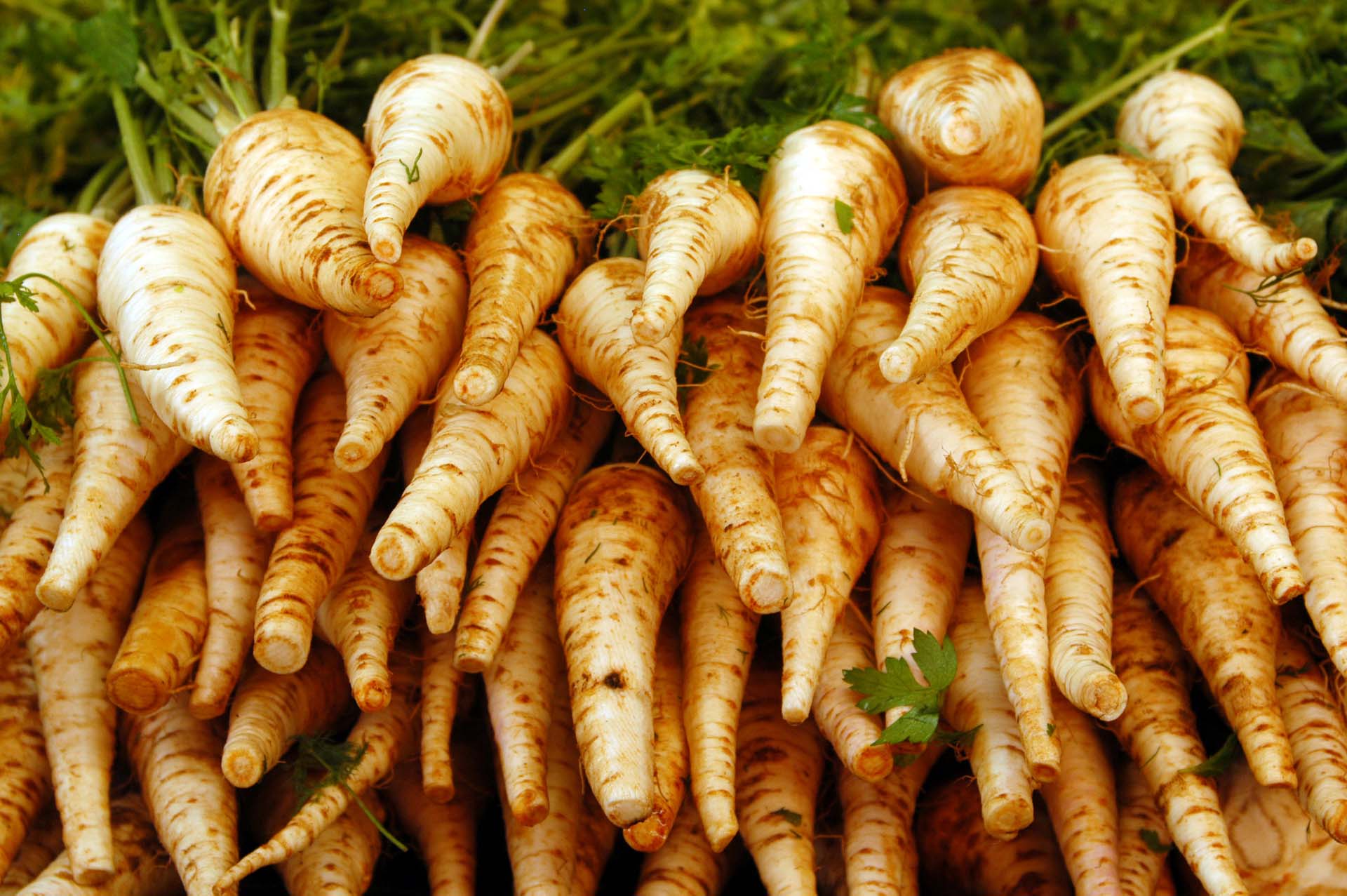
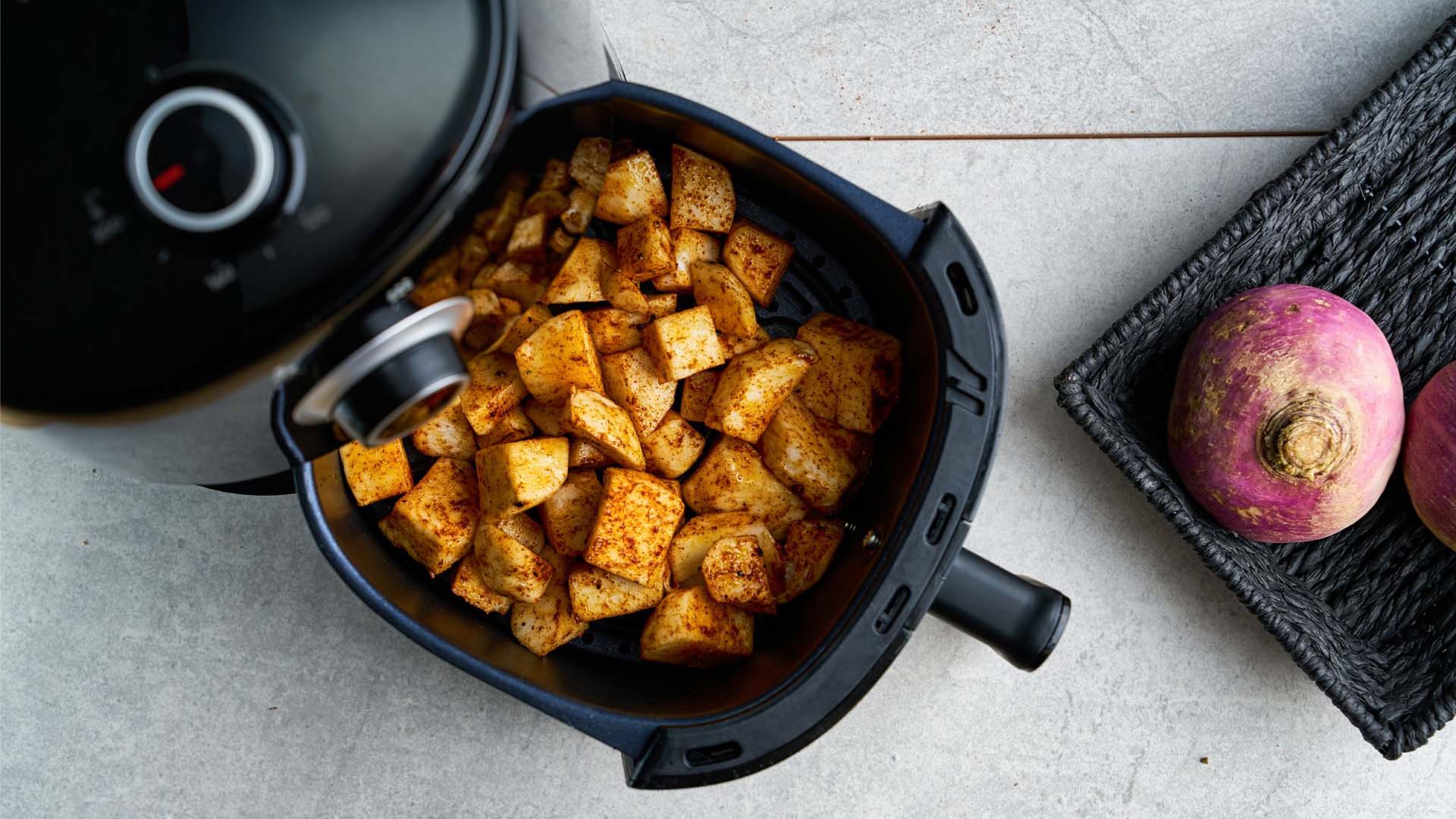
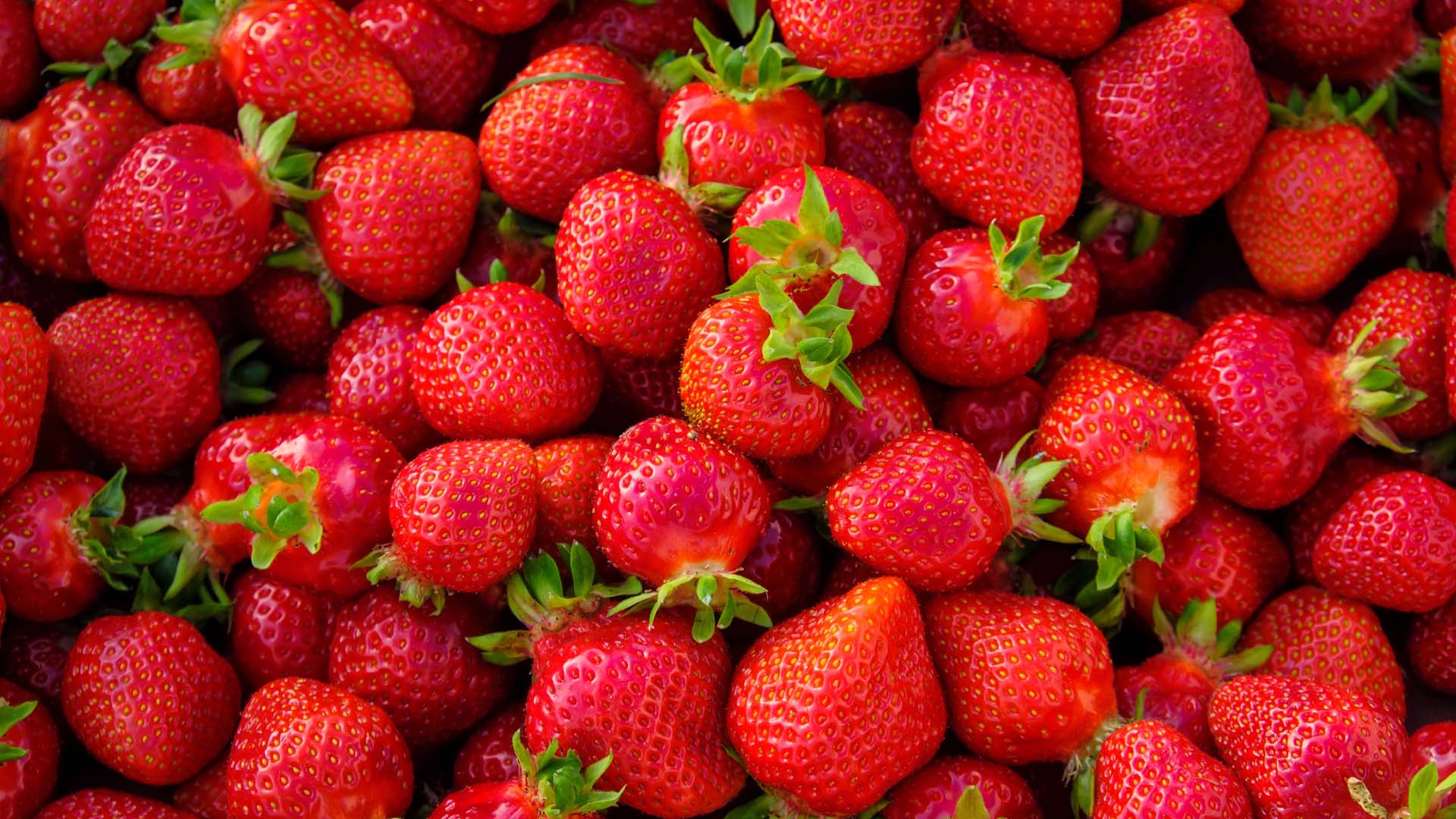
Strawberries don't just taste and look great, they are full of fibre, help your heart health and may even stave off dementia.
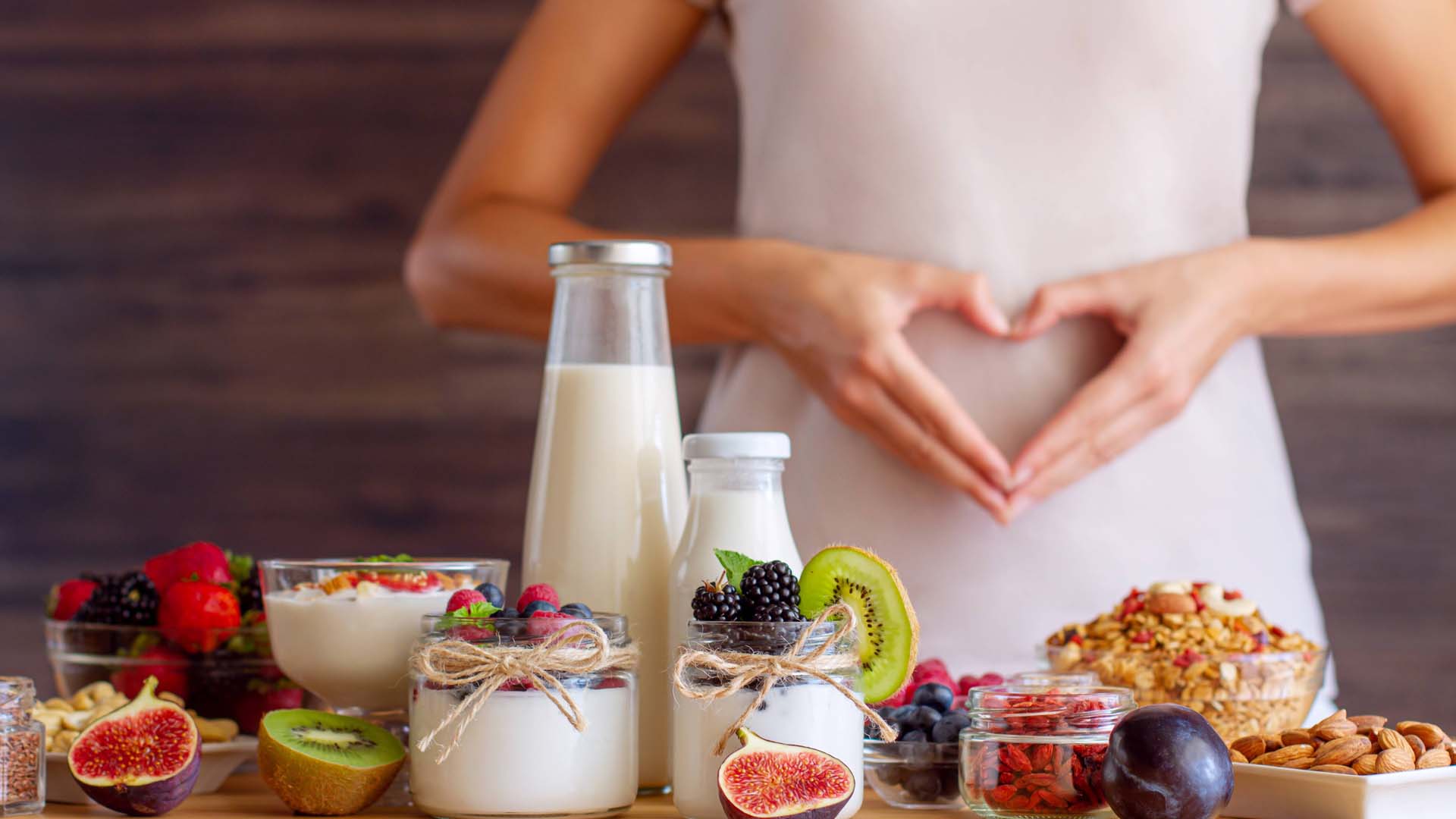
Looking after your gut health could be one of the biggest things that you can do for your overall health. Here are the best foods to keep your gut happy.
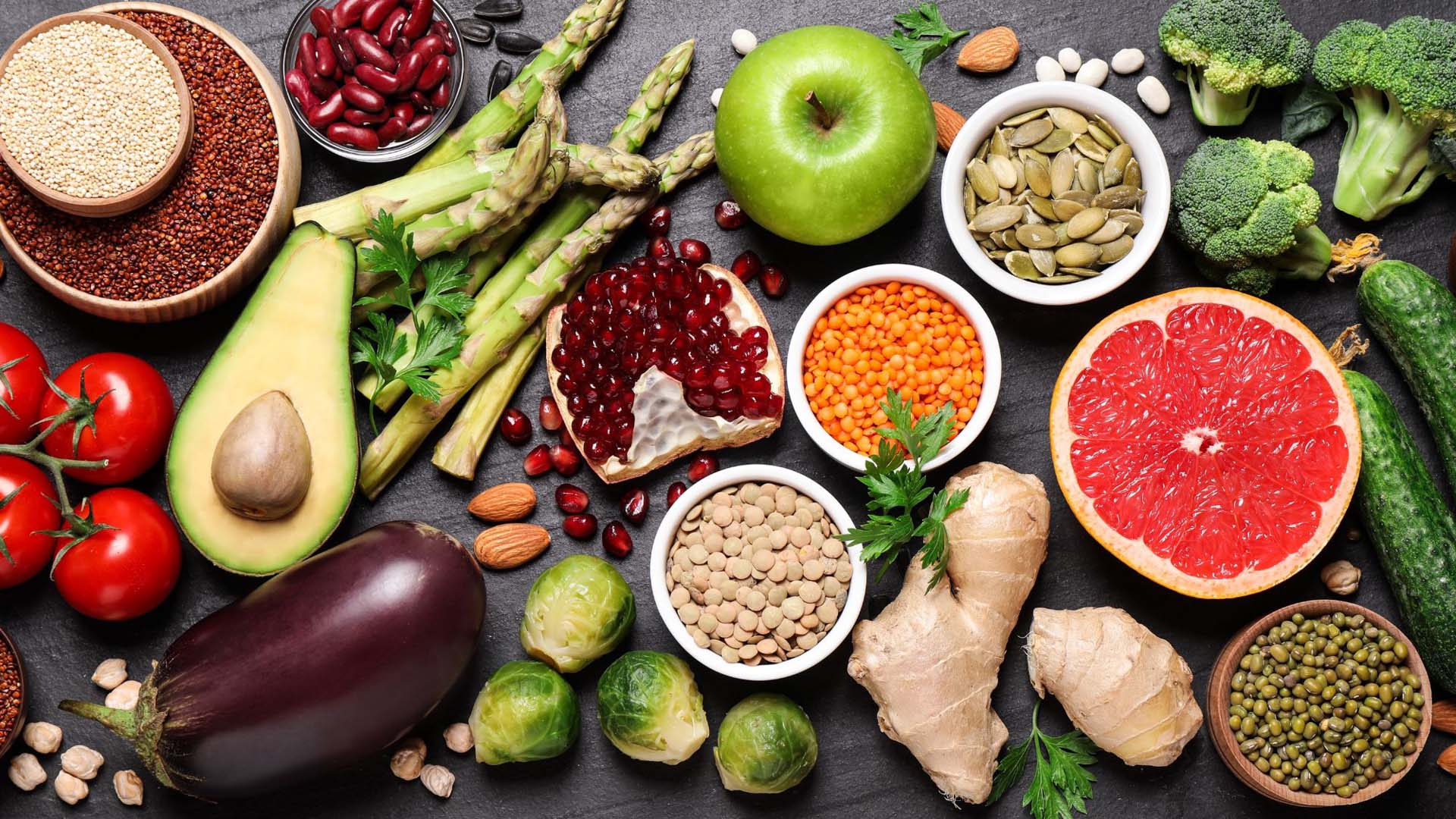
The foods that could help you live longer and protect against chronic illness.